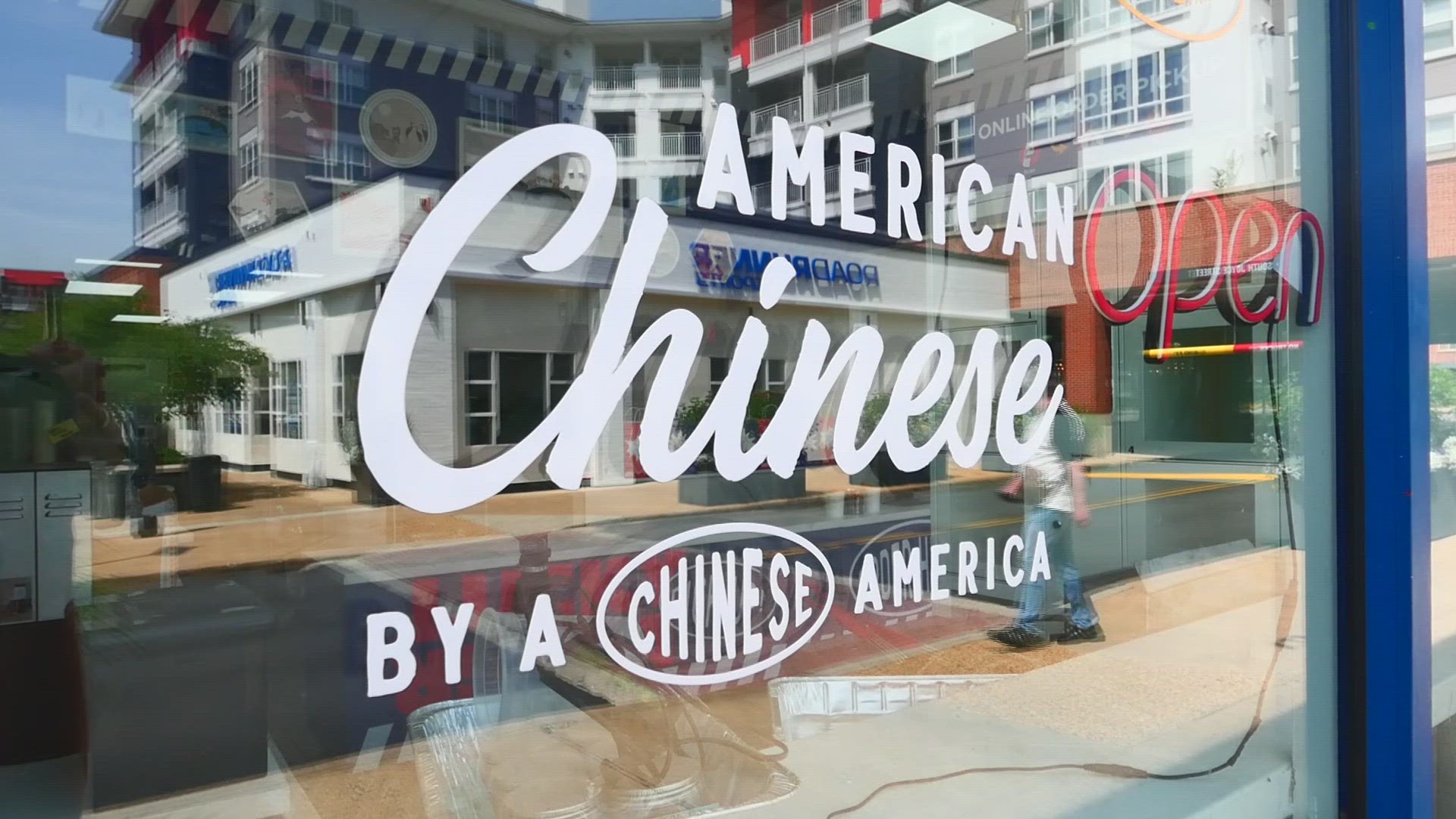WASHINGTON — May is AAPI Heritage Month, and that means sharing the stories of our diverse communities—and even correcting the myths that inaccurately portray Asian culture, like is an ingredient often found in Chinese food actually dangerous?
THE QUESTION:
Is MSG an inherently harmful food ingredient?
THE SOURCES:
THE ANSWER:
MSG, shorthand for “monosodium glutamate,” caught a bad reputation in the 1960s thanks to one speculative diner, and there’s no scientific evidence it’s harmful for most people.
WHAT WE FOUND:
Much like your taste buds register sweetness from sugars, the sensation of “umami,” or savory, comes from “glutamic acid.”
“Like brothy, salty, a little bitter sweet,” describes Soo-Yeun Lee, Director of food science at Washington State University.
The FDA explains, glutamic acid is an amino-acid that helps neurotransmitters in your brain do their jobs. Dr. Kikunae Ikeda first discovered that umami factor could be isolated from glutamic acid in seaweed, and used as a standalone ingredient, more than 100 years ago–and it became popular in Asian recipes.
“It's a way of getting it in a more stable form that can be used easier in foods,” explained Dr. Robert Buchanan, University of Maryland professor emeritus.
Today, a dash of MSG is still used to help other flavors taste better.
“These hit the receptors on your tongue and enhance your tongue's perception of that savory flavor,” said Buchanan.
“You can feel it on the tongue and it really just like makes you salivate more so that like you can taste other things better and in a good way,” said Chef Tim Ma, a prominent Washington-area chef and owner of Lucky Danger restaurant. “It's just something that adds to the dish.”
So while MSG is technically a chemical– so is everything else we eat.
“Carbohydrate as a chemical, protein as a chemical,” said Lee. “Our bodies are chemical.”
As Americans were learning to love Chinese restaurants decades ago, the letters MSG became infamous thanks to one letter– to the editor of the New England Journal of Medicine in 1968. The author claimed Chinese food made him feel sick, and merely theorized that his so-called “Chinese Restaurant Syndrome” could be because of MSG.
“When my parents and my uncle and family had restaurants, MSG was a bad word,” said Chef Ma, who says his family is still sometimes startled when they see the container of the flavor enhancer behind the counter.
But in the time since, the letter has been refuted by the scientific community.
“It was a sample size of one who went and said 'I was feeling kind of nauseous and I have stomach ache and I'm sweaty and I'm not feeling so well after I ate at a Chinese restaurant,'” said Lee. "And I tell my students, most people feel this way when they go to a Chinese restaurant because they eat too much, because Chinese food is so tasty.”
There’s also no evidence to support the idea that MSG is inherently harmful.
“MSG occurs naturally in a lot of food. So chicken, beef. Mushroom, tomato, breast milk,” said Lee, adding that MSG seasoning is included in a lot of food products that aren’t specifically Chinese, like chicken noodle soup and potato chips.
The FDA explains, the glutamic acid of MSG is chemically the same as the glutamic acid found naturally in food proteins and our bodies process them the same way.
While an individual might have a particular sensitivity to MSG like people can be sensitive to any other ingredient–scientists haven’t been able to confirm any correlation between MSG and unhealthy side effects.
“Basically they can never prove that MSG had an impact when consumed at the levels that would normally be eaten by people,” explained Buchanan.
“We use it very openly and proudly,” said Ma, who says people are able to be better educated on different ingredients today. “We're cooking for different generations now.”
And for cooks like Chef Ma—that’s something worth savoring.
“Food is typically someone else's first introduction into someone else's culture," he said. "I think access has really opened up everybody's palate and minds to a bunch of different cuisines, a bunch of different ingredients."

